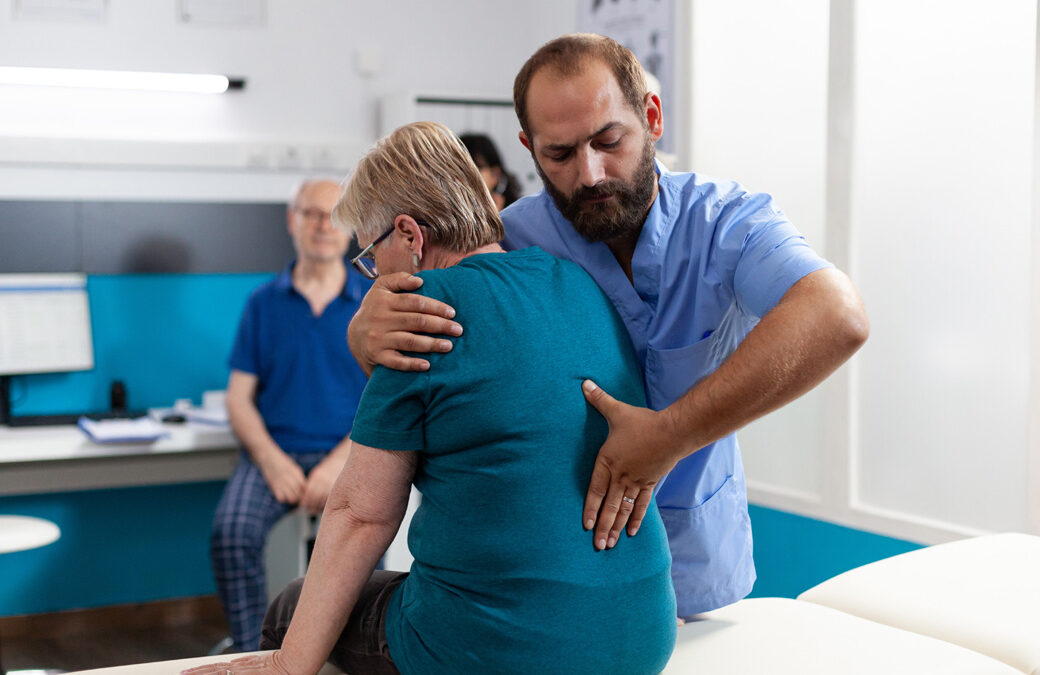
by Daniel Setareh | Jul 24, 2024 | Personal Injury
Bus accidents can have devastating consequences, especially when they result in the loss of a family member. The emotional and financial burdens that follow such a tragedy can be overwhelming. In these difficult times, understanding your legal rights and options is...

by Daniel Setareh | Jul 24, 2024 | Bus Accident
Bus accidents, whether involving public or private buses, can have severe consequences for passengers, pedestrians, and other drivers. These incidents often lead to significant physical, emotional, and financial burdens. Understanding the legal distinctions between...

by Daniel Setareh | Jul 24, 2024 | Personal Injury
Public safety encompasses various aspects of protecting the well-being and property of citizens. From law enforcement to emergency services, public safety is crucial for ensuring a safe and orderly society. It includes preventing crime, responding to emergencies, and...

by Daniel Setareh | Jul 24, 2024 | Personal Injury
Accidents can lead to a variety of injuries, some of which might not be immediately apparent. Renal trauma, or kidney injury, is one such condition that often requires careful medical attention and legal navigation. If you’ve experienced an accident and are concerned...

by Daniel Setareh | Jul 24, 2024 | Personal Injury
Cycling has become a popular mode of transportation in cities around the world. It’s eco-friendly, cost-effective, and offers great exercise. However, with the rise in cycling, there has also been an increase in traffic violations, notably cyclists running red lights....

by Daniel Setareh | Jul 24, 2024 | Bus Accident
Bus accidents can be devastating, often resulting in severe injuries and significant property damage. Victims of bus accidents face a complex web of legal challenges when seeking compensation for their losses. Understanding these challenges is crucial for anyone...

by Daniel Setareh | Jun 28, 2024 | Personal Injury
A spinal cord injury can be a life-altering event, affecting not only the physical capabilities but also the emotional and financial well-being of the victim. These injuries often result in significant medical expenses, loss of income, and profound changes in the...

by Daniel Setareh | Jun 27, 2024 | Pedestrian Accident, Personal Injury
California’s beautiful scenery and the weather are ideal for outdoor activities. Of these activities, skateboarding is one of the most popular. Understanding California skateboarding laws is crucial to ensure safety and legal compliance for skateboarders and...

by Daniel Setareh | Jun 26, 2024 | Wrongful Death
Losing a loved one is an incredibly painful experience, especially when their death was caused by someone else’s negligence or wrongdoing. In California, the law provides a way for surviving family members to seek justice and compensation through a wrongful...

by Daniel Setareh | Jun 25, 2024 | Bus Accident
Beverly Hills is a popular destination for tourists, with its luxurious attractions and glamorous lifestyle drawing visitors from around the globe. Unfortunately, bus accidents involving tourists are a real risk in this bustling city. Understanding the unique...











